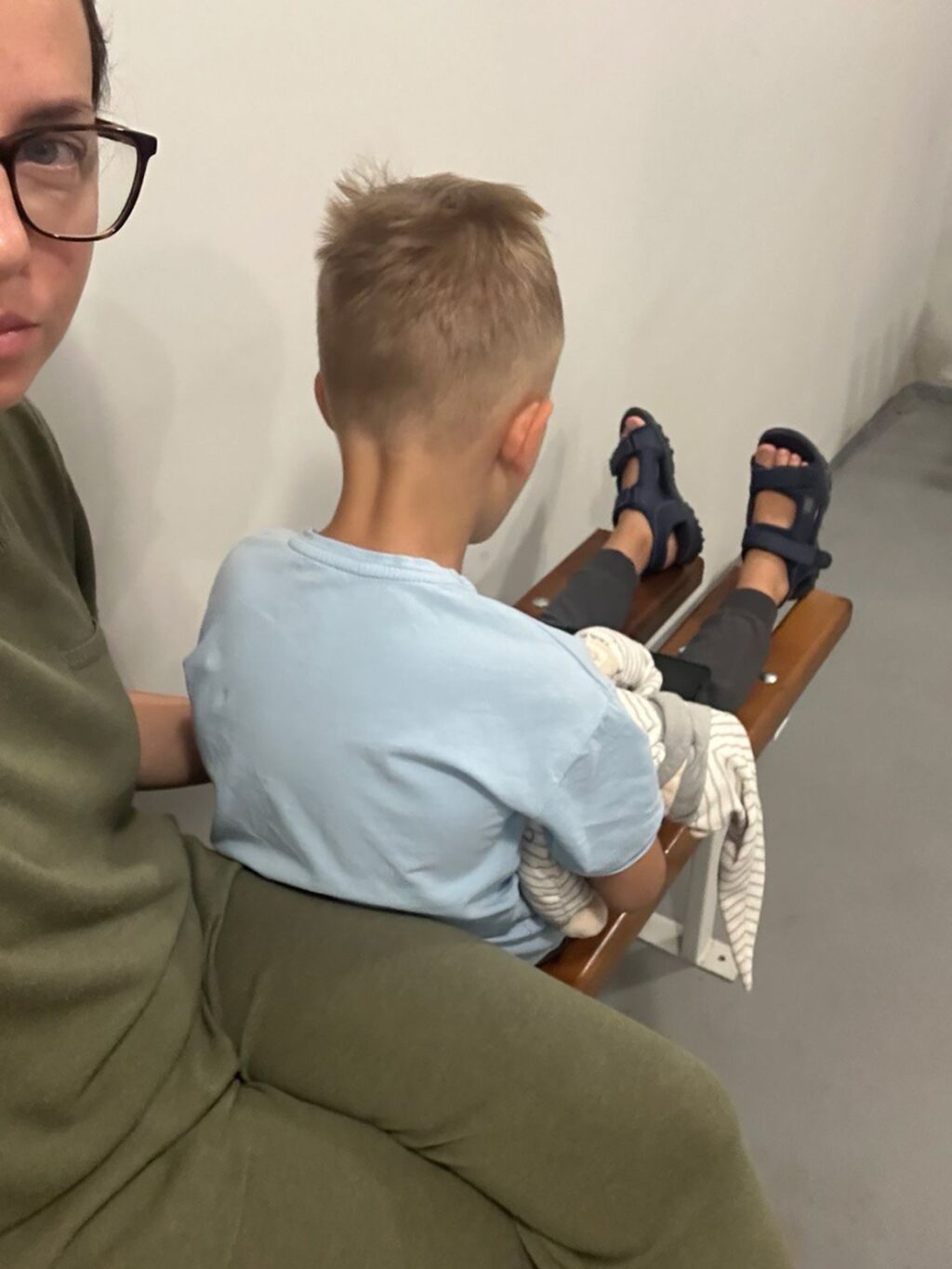
Audience
- Sentiment: Neutral
- Political Group: Liberal
- Age Group: Teenagers
- Gender: All
Overview
- The article discusses the recent escalation in the Russia-Ukraine conflict, focusing on a drone attack by Russia involving 140 kamikaze drones.
- It highlights the historical context of the conflict, delving into Ukraine’s struggle for identity post-independence and Russia’s influence.
- The article emphasizes the importance of understanding global conflicts, particularly for younger generations, and encourages dialogue about peace and diplomacy.
The Ongoing Conflict: Russia, Ukraine, and the Battle in the Skies
In recent months, many of us have read or heard about the conflict unfolding between Russia and Ukraine. With news cycles constantly buzzing about politics and wars, it can be tough to keep track of what’s happening. But understanding these events is essential because they impact not just the countries involved, but the entire world. Recently, a significant escalation occurred in the conflict, marked by a striking drone attack from Russia involving a staggering 140 kamikaze drones. Let’s dive into the details of what happened and why it’s important.
Understanding the Players: Russia and Ukraine
To truly grasp the conflict between these two nations, it helps to know a bit about their histories and what led to the current situation. Ukraine is a country in Eastern Europe, which gained independence from the Soviet Union in 1991. Ever since then, Ukraine has grappled with its identity, as some citizens feel a strong cultural bond with Russia, while others desire closer ties with Western nations.
Russia, on the other hand, has been led by President Vladimir Putin, who has consistently sought to maintain influence over Ukraine and other neighboring countries. Tensions between the two escalated dramatically in 2014 when Russia annexed Crimea, a territory that was once part of Ukraine. This act was widely condemned by the international community and led to a series of sanctions against Russia.
The Drone Attack: A New Kind of Warfare
On an early morning in October, Russian forces launched their attack using 140 Shahed-style kamikaze drones. But what exactly is a kamikaze drone? Instead of just gathering information like typical drones, these are built to crash into targets, exploding upon impact. This makes them a powerful weapon in modern warfare, especially when launched in large numbers.
Ukrainian forces, however, were not caught off guard. They sprang into action, shooting down 85 of the 140 drones. This is a significant achievement and showcases the bravery and quick thinking of the Ukrainian military. Despite their efforts, the attack still caused damage, particularly in the regions of Odesa and Kharkiv. Residential buildings were also targeted in Kherson, leading to numerous injuries.
The Global Political Web: Trump, Putin, and Zelenskyy
What makes this drone attack even more interesting is the backdrop of a recent phone call between U.S. President Donald Trump and Russian President Vladimir Putin. Shortly after the drone strike, Trump spoke with Ukrainian President Volodymyr Zelenskyy, who has been at the forefront of Ukraine’s resistance. During their conversation, Trump emphasized the need for peace and transparency in negotiations concerning the conflict.
This highlights the complex web of international politics. The U.S. has been a supporter of Ukraine, providing assistance and encouragement for their fight against Russian aggression. So, when Trump spoke with Putin, many wondered what might come of that conversation. Would it lead to peace? Or would it just add fuel to the fire?
Voices from Europe: Criticism and Challenges
While these events were unfolding, Europe remained a critical player. Countries within the European Union have been closely monitoring the situation and sometimes disagreeing on the best approach to take. Critics have pointed out that Brussels, the de facto capital of the EU, may not be as proactive as it could be in addressing the conflict. Some have called for a more aggressive stance against Russia, while others worry about the economic implications of such actions.
Moreover, the situation isn’t just confined to the battlefield. Europe is also facing issues like trade disputes and challenges in combatting drug trafficking, which further complicate the geopolitical landscape. These factors highlight that even if one country wants peace, regional dynamics can significantly influence the outcome.
Personal Reflections on Conflict
As a 9th grader, you might wonder why any of this matters to you personally. While these events seem far away, they will affect the lives of people everywhere. For instance, understanding global conflicts can shed light on how international relations work and why leaders make certain decisions. You might even be inspired to get involved in discussions about peace and diplomacy, pushing for a world where understanding prevails over conflict.
Imagine living in a place where everyday life is normal, yet your neighbor could be a soldier on the front lines. Think about the students in Ukraine who, just like you, want to go to school, hang out with their friends, and dream about their futures. Unfortunately, conflict has altered their reality, making it harder for them to achieve their dreams. Listening to their stories can foster empathy and encourage us to think about how our actions and decisions can make a difference, even in our local communities.
Conclusion: A Call to Reflect
As we reflect on the recent drone attack and the broader conflict between Russia and Ukraine, it’s vital to remember that real lives are affected. This war is not just about politics; it’s about people, dreams, and futures. Students like you play a crucial role in shaping the conversations about these issues.
What do you think we can learn from the ongoing conflict between Russia and Ukraine? Are there lessons about diplomacy, the power of dialogue, and the importance of standing up for what is right? I invite you to share your thoughts in the comments below. Let’s discuss how young voices can be influential in seeking peace and understanding in our interconnected world!





